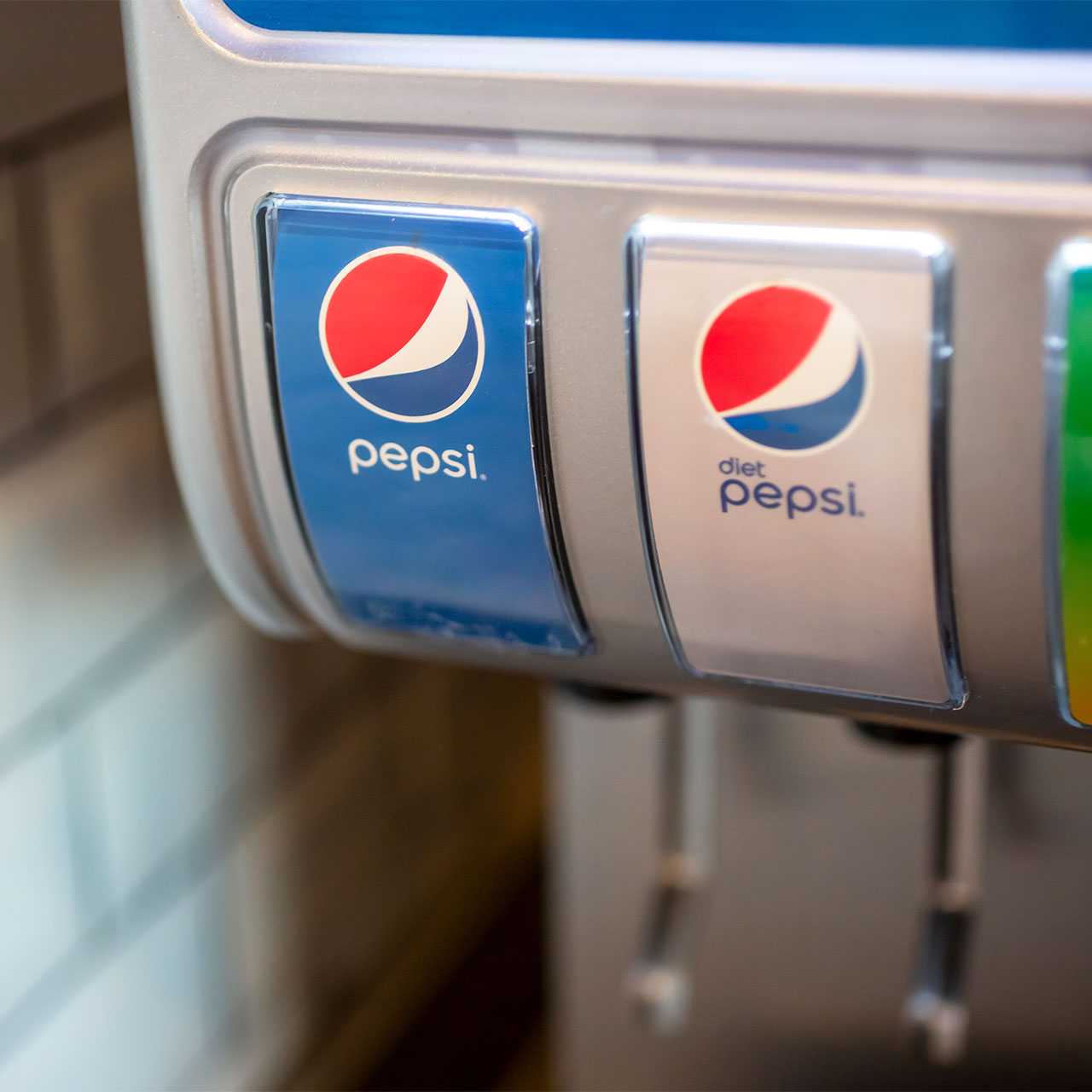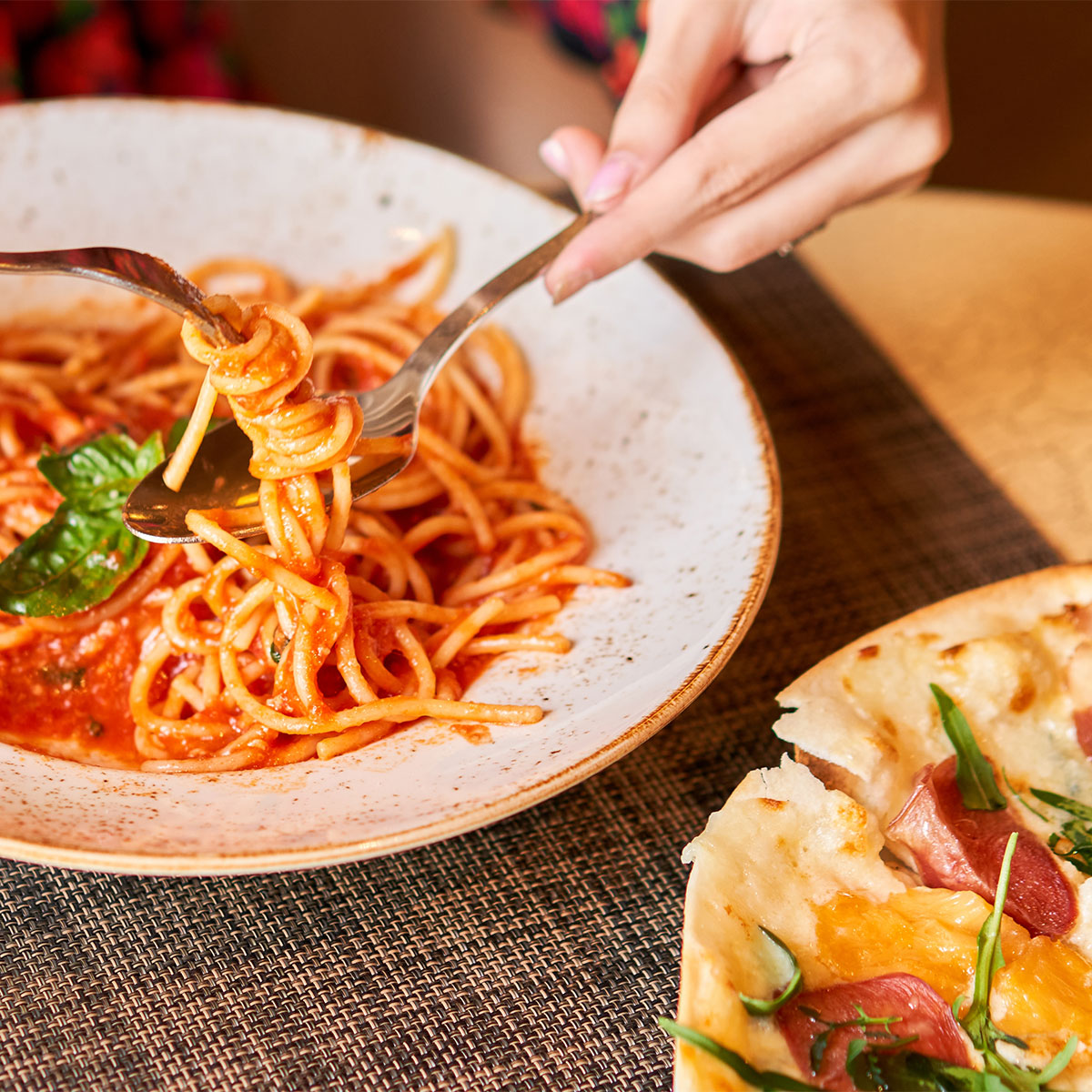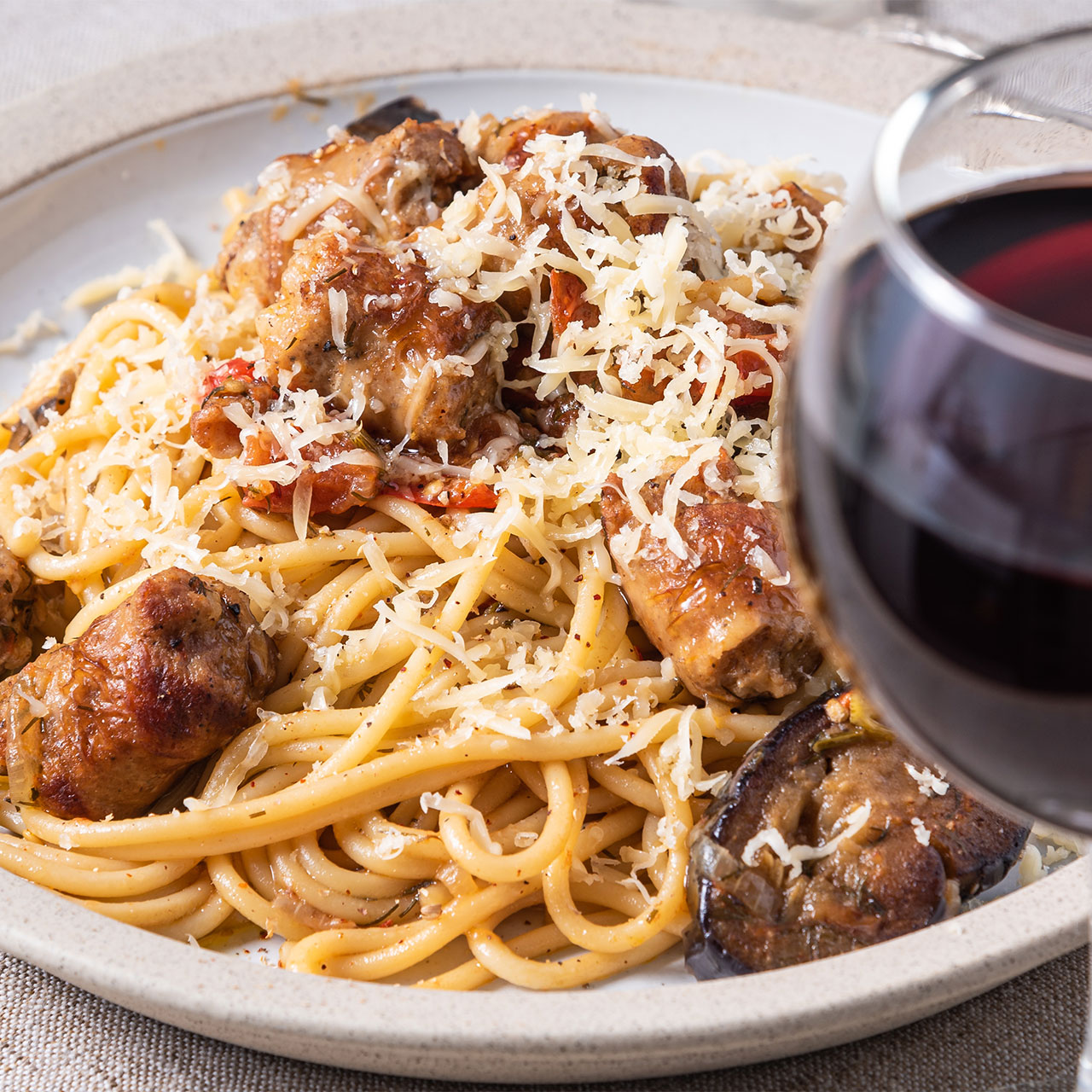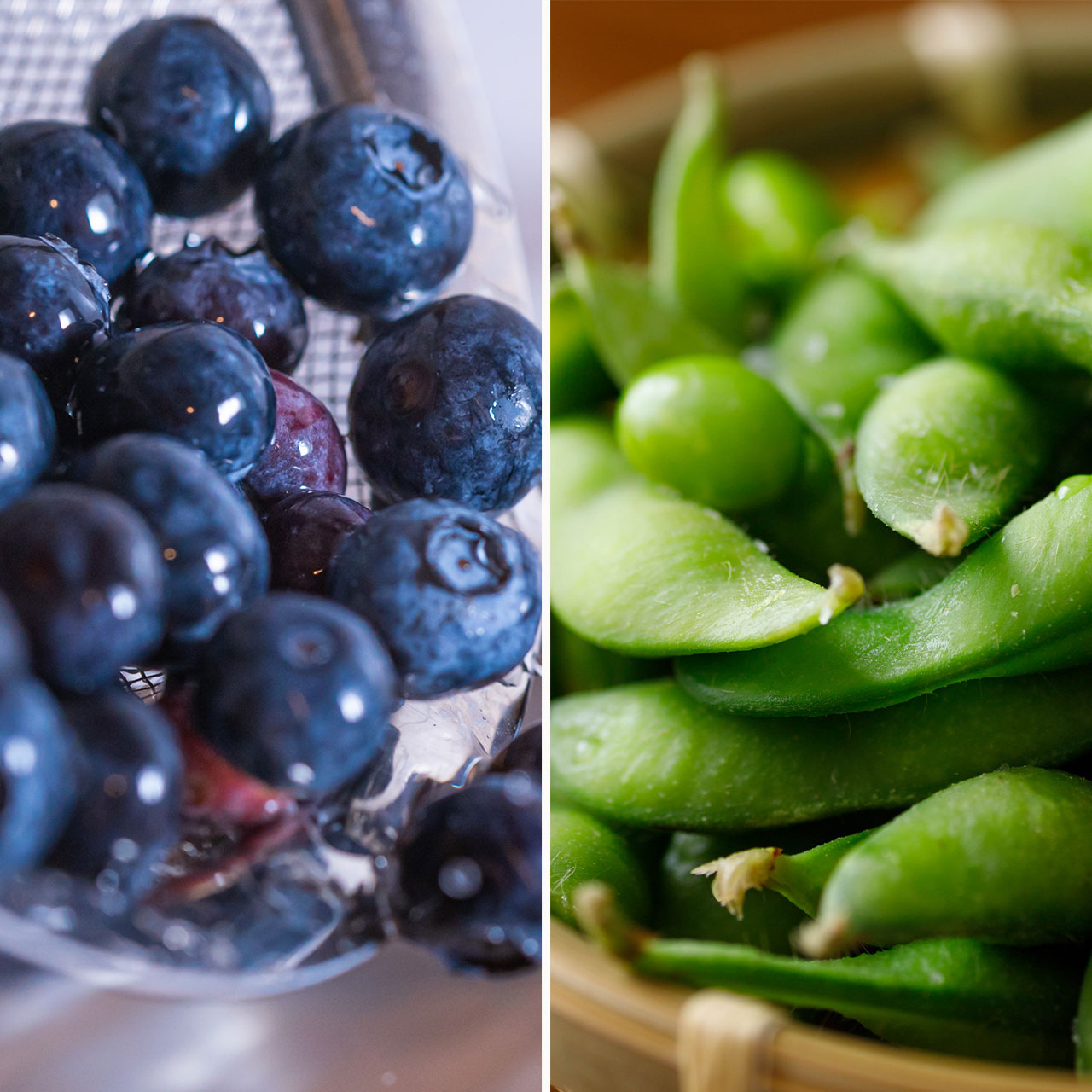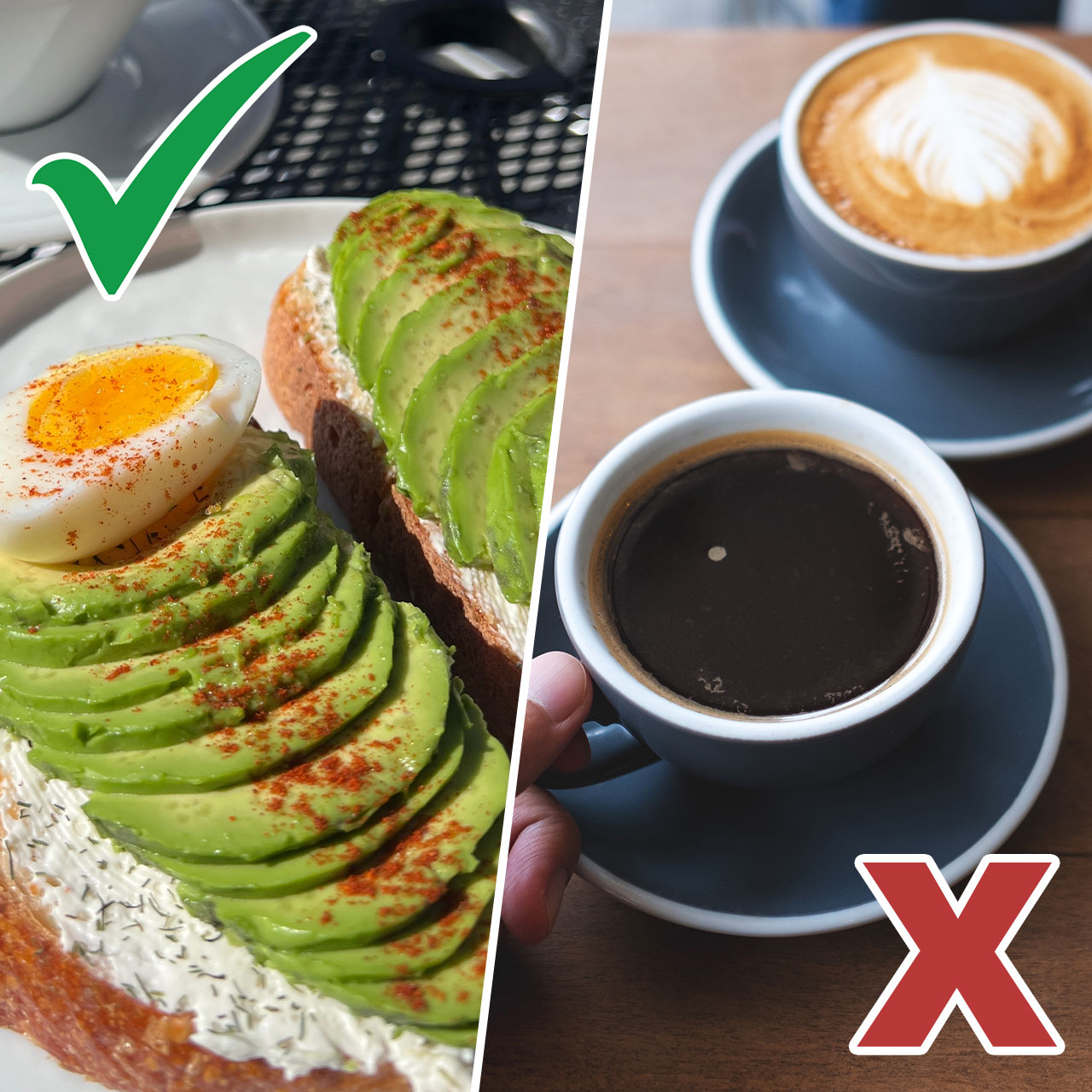Carbohydrates, commonly known as carbs, play a crucial role in our diet, providing energy for bodily functions. However, when it comes to weight loss, not all carbs are created equal. While some are essential for a balanced diet, others may hinder weight loss efforts. Understanding the distinction between “good” and “bad” carbs is pivotal. Complex carbohydrates found in whole grains, fruits, and vegetables offer essential nutrients and fiber, contributing to a feeling of fullness and steady energy release. On the flip side, refined or simple carbs, often present in sugary snacks and processed foods, can lead to rapid spikes and crashes in blood sugar levels, potentially sabotaging weight loss goals.
We spoke with Dr. Kezia Joy, MD, to learn about the type of carbs you should try to avoid as much as possible if you’re on a weight loss journey. Joy revealed that highly processed carbohydrates such as refined carbs, sugary beverages, and processed snacks, are the culprits to avoid in this scenario. Read on to learn more.


Highly Processed Carbs
Highly processed carbs can significantly impede weight loss progress. These carbs, often found in sugary snacks, white bread, and various processed foods, undergo extensive refinement that strips away essential nutrients and fiber.
Joy reveals, "Highly processed carbs include refined grains such as white bread, white rice, and pastries, which have been stripped of fiber and nutrients. Sugary snacks and beverages like cookies, candies, and sodas provide 'empty calories' and can lead to spikes in blood sugar levels. And, highly processed foods including chips, microwave meals, and fast food are often high in calories, sugars, and unhealthy fats."
She notes that there are several reasons we should avoid these unhealthy carbs which involve our weight and overall wellbeing. "They tend to have a high glycemic index, causing rapid spikes in blood sugar and insulin levels, which can lead to increased hunger and overeating. They also lack essential nutrients and fiber, which are important for maintaining a feeling of fullness and for overall health. Plus, they can be very calorie-dense, making it easy to consume too many calories without feeling satisfied."
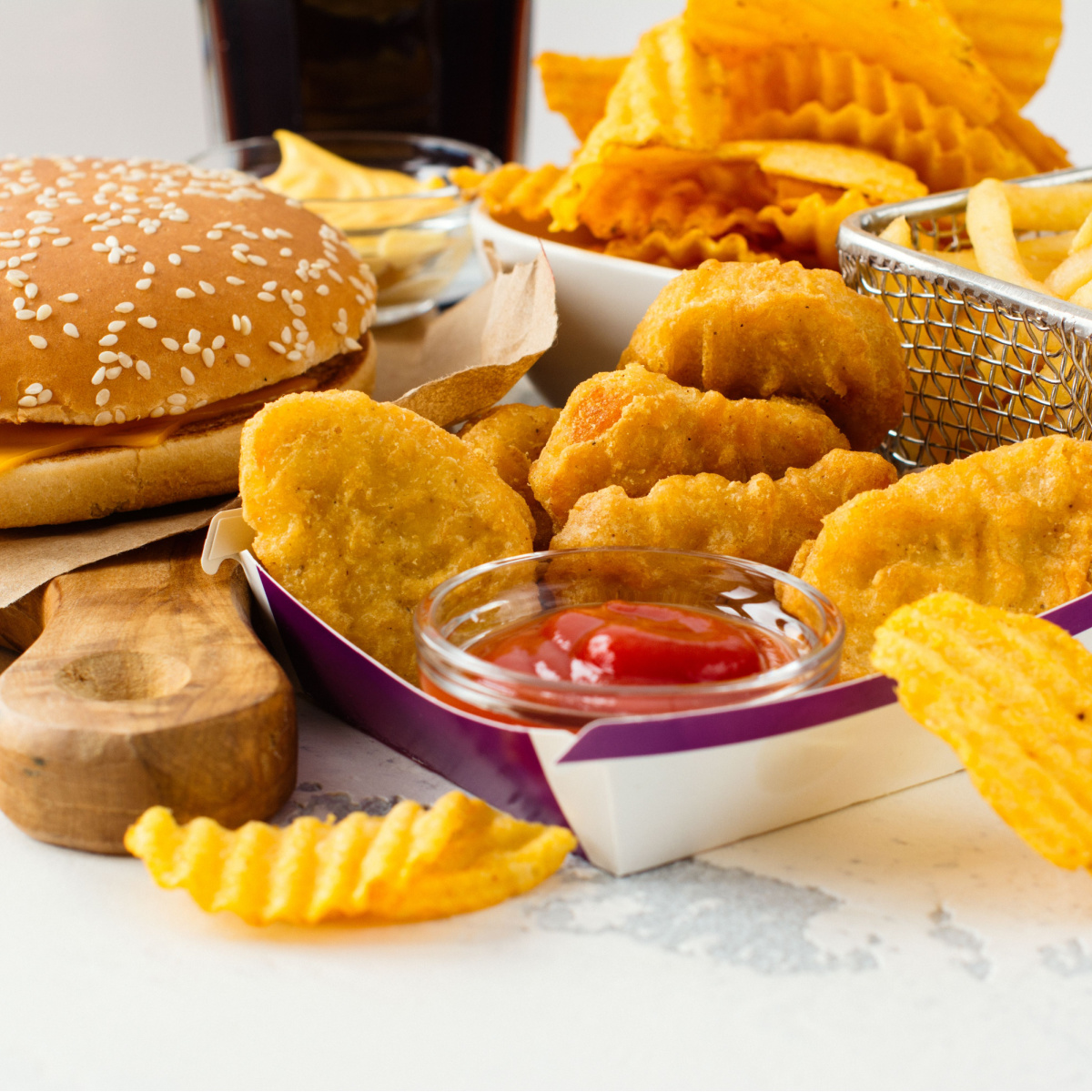
Healthier Alternatives
Luckily, we have a plethora of healthier carb options at our disposal. These alternatives not only support weight loss but also contribute to a sense of fullness and provide valuable nutritional benefits.
Joy recommends we go for whole foods such as whole grains, fruits and veggies, legumes, nuts, and seeds. "Whole grains such as brown rice, quinoa, barley, and whole wheat products, which contain more fiber and can help keep you full for longer. They are high in fiber, vitamins, and minerals, and generally lower in calories than processed foods. Beans, lentils, and chickpeas are excellent sources of complex carbs, fiber, and protein. Nuts and seeds, while they are not low in calories, provide healthy fats, proteins, and fibers that can help control appetite."


